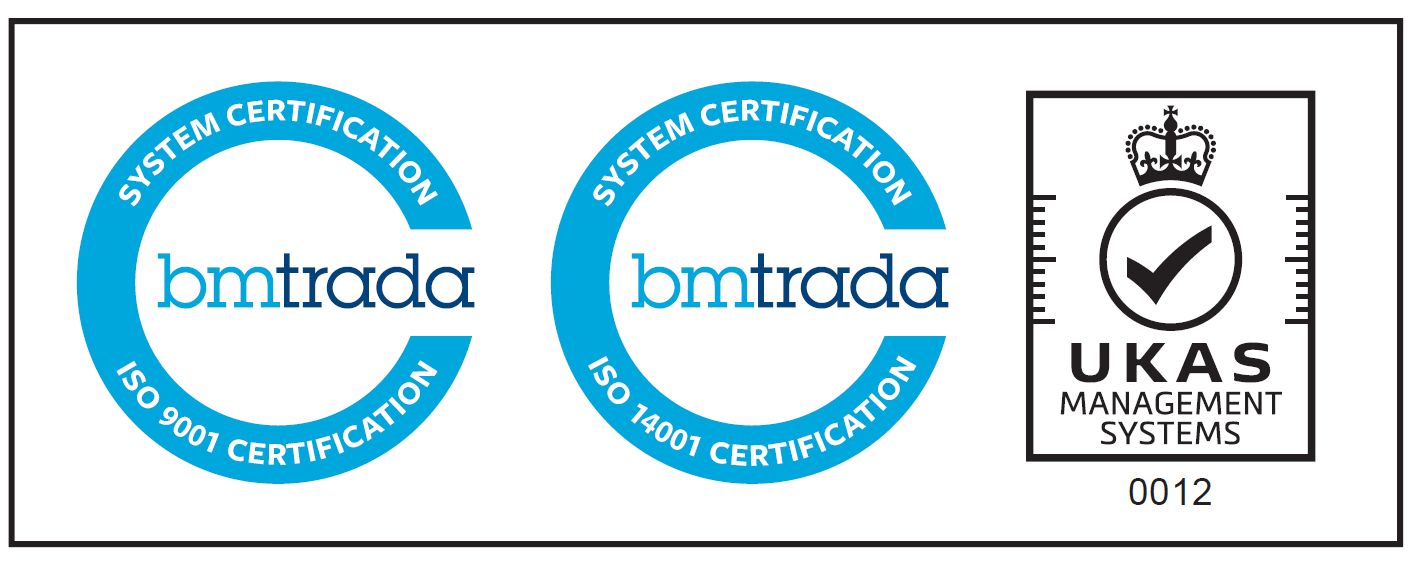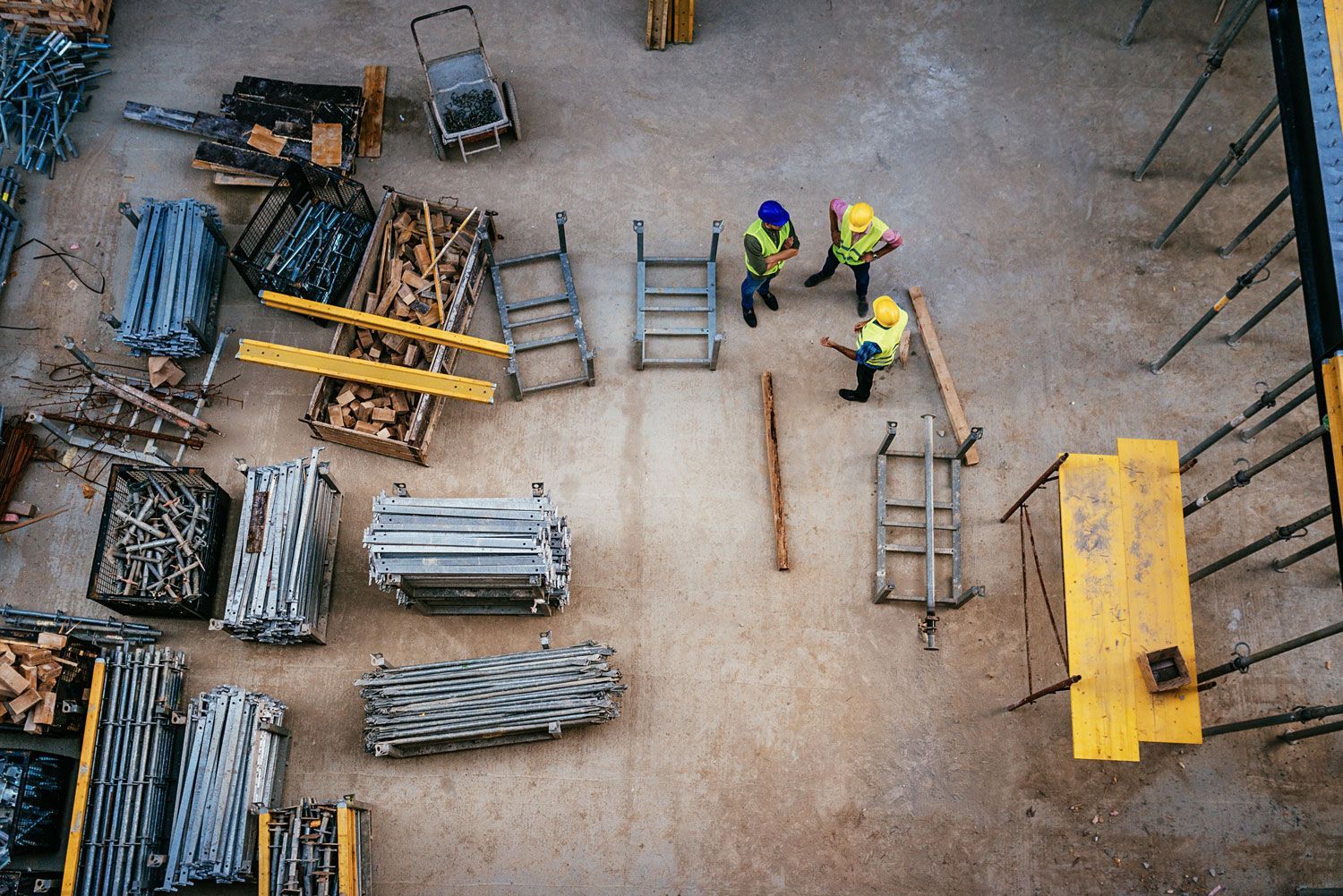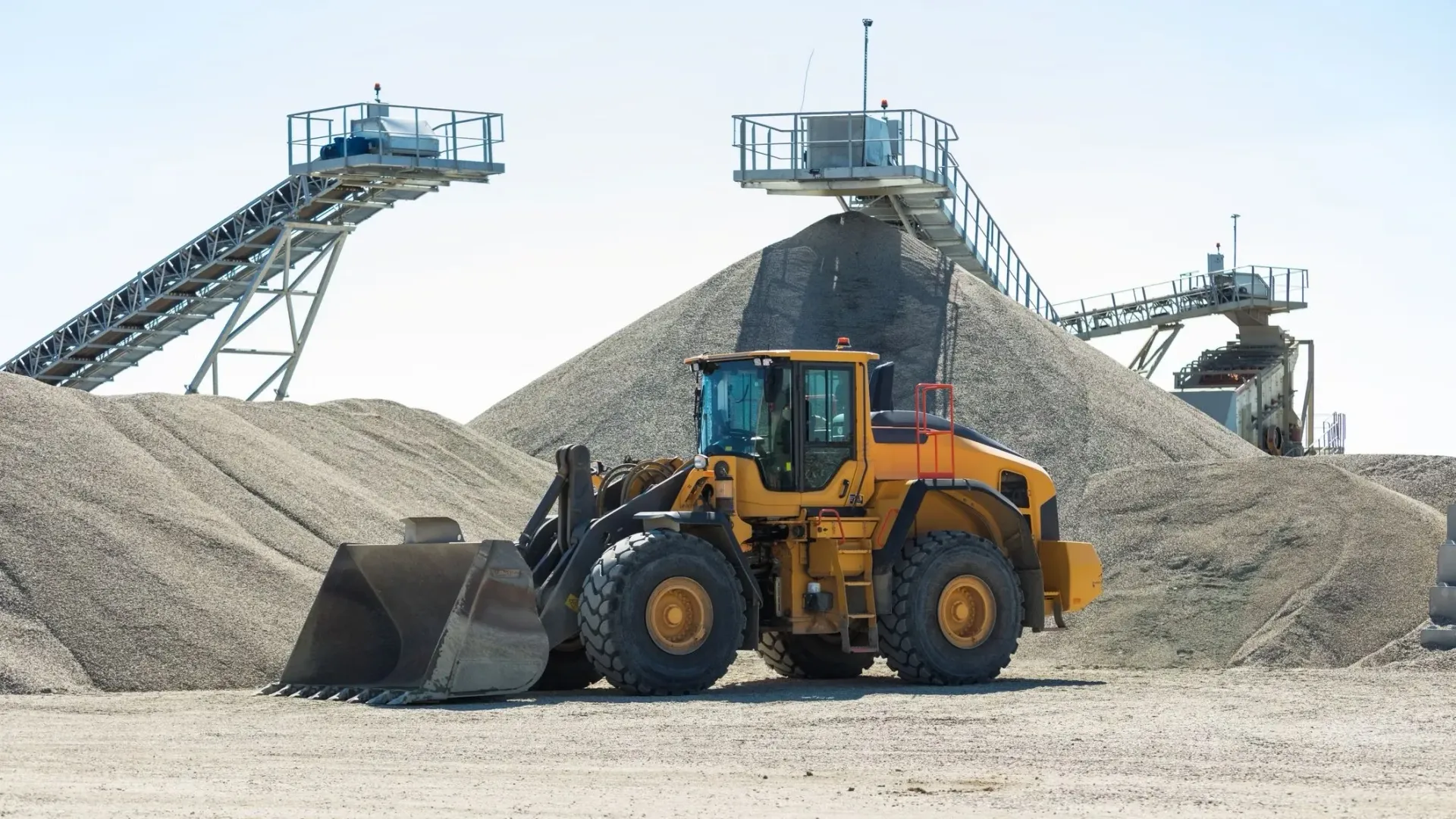The Best Construction Materials for Soundproofing & Acoustic Control
Effective soundproofing and acoustic control are essential considerations in modern construction, improving comfort, privacy and productivity in residential, commercial and industrial environments. The right materials can significantly reduce noise transmission, enhance sound absorption and create more acoustically balanced spaces.
At William Thompson & Son, we supply high-quality materials such as asphalt, gravel and graded sand, which play a vital role in soundproofing and noise control solutions. In this guide, we explore the best materials for managing sound transmission and how they can be implemented in construction projects.
Soundproofing vs. Acoustic Control
Before diving into specific materials, it's essential to understand the distinction between soundproofing and acoustic control:
Soundproofing refers to preventing sound from entering or leaving a space. It focuses on blocking or isolating sound transmission using dense, heavy materials that create barriers to airborne and impact noise.
Acoustic Control, also known as sound absorption, involves improving the quality of sound within a space by reducing echoes and reverberation. This is achieved using materials that absorb or diffuse sound waves, improving clarity and comfort in a room.
Both soundproofing and acoustic control are critical in construction, and selecting the right materials can make a significant difference in achieving these goals.
Asphalt: A Versatile Soundproofing Material
Asphalt is widely used in construction for paving roads and waterproofing surfaces, but its soundproofing properties make it valuable for noise reduction as well.
How Asphalt Helps with Soundproofing
Porous Asphalt for Noise Absorption
Specially designed porous asphalt has air voids that absorb and dissipate sound waves, making it highly effective in reducing traffic noise. This material is often used for low-noise road surfaces.
Bitumen-Based Soundproofing
Bitumen, a key component of asphalt, is used in construction as a damping material. Bitumen sheets or membranes are applied to walls, ceilings and floors to prevent sound transmission. This is especially useful in high-rise buildings, studios, and industrial facilities.
Vibration Reduction
Asphalt has excellent vibration-damping properties, making it useful for reducing structural noise in machinery-heavy environments.
Using asphalt as part of a soundproofing system can help create quieter and more comfortable spaces.
Gravel: A Natural Sound Barrier
Gravel, often used for drainage and landscaping, also serves as an effective soundproofing material.
How Gravel Reduces Noise
Gabion Walls
These walls, made of wire mesh filled with gravel or stones, serve as natural sound barriers, particularly in outdoor environments. They help block road noise, industrial sounds and other environmental disturbances.
Gravel Paths and Driveways
Unlike hard pavement, gravel absorbs sound instead of reflecting it, reducing noise pollution in outdoor areas.
Roof Insulation
Gravel is sometimes used on flat roofs to provide additional sound insulation by dampening rain impact noise and minimising external noise penetration.
Gravel is an aesthetically pleasing and environmentally friendly way to manage noise pollution in both urban and rural settings.
Graded Sand: Enhancing Acoustic Performance
Graded sand is a critical material in construction, offering benefits beyond its traditional use in concrete and mortar.
How Graded Sand Helps with Acoustic Control
Concrete Panels with Sand Infill
Concrete walls and panels filled with graded sand provide enhanced sound insulation, reducing airborne noise transmission in residential and commercial buildings.
Sand-Filled Soundproofing Barriers
Sand is used to fill hollow partitions, doors, and floors to increase mass and block sound more effectively than traditional drywall or wood.
Underlayment for Flooring
When used beneath hardwood, laminate, or tiled floors, sand acts as an effective vibration and impact noise reducer, improving the overall acoustic environment of a room.
By incorporating graded sand into construction, builders can create more acoustically controlled environments with better sound insulation properties.
Other Effective Materials for Soundproofing and Acoustic Control
While asphalt, gravel and sand provide excellent acoustic benefits, other materials are also widely used in the construction industry to manage sound effectively.
Acoustic Mineral Wool
A high-density insulation material designed for absorbing airborne sound and reducing reverberation. It’s commonly used within walls, ceilings and floors to enhance soundproofing in homes, offices and industrial spaces.
Mass-Loaded Vinyl (MLV)
A flexible yet dense soundproofing material that adds mass to walls, ceilings and floor that’s iIdeal for reducing both airborne and impact noise in residential and commercial settings.
Acoustic Foam Panels
Used in recording studios, theatres and office spaces to control reverberation and echoes. It also improves speech clarity and sound quality within enclosed areas.
Rubber and Cork Soundproofing
This material is applied under flooring or within walls to absorb vibrations and impact noise, and is commonly used in apartment buildings and multi-storey offices.
By combining these materials with asphalt, gravel and graded sand, builders can create comprehensive soundproofing solutions tailored to different environments.
Practical Applications of Soundproofing in Construction
Residential Buildings
Homeowners and developers prioritise soundproofing in walls, floors and ceilings to ensure a quiet and peaceful living space. Materials such as graded sand-filled panels, mineral wool insulation and MLV are commonly used.
Commercial Spaces and Offices
In work environments, noise control is critical for productivity. Acoustic panels, soundproof drywall and rubber underlays help reduce distractions and improve speech clarity.
Industrial Facilities
Factories and workshops generate high levels of noise, requiring robust soundproofing solutions. Bitumen-based asphalt, gravel barriers and sand-filled partitions are used to control noise emissions and protect workers.
Roads and Highways
Porous asphalt and gravel-based barriers help absorb road noise, creating quieter urban environments. Soundproof fencing along motorways often incorporates gabion walls filled with gravel.
Music and Recording Studios
Studios require specialised soundproofing materials such as acoustic foam, mass-loaded vinyl and bitumen membranes to prevent external noise interference and enhance audio clarity.
Choosing the Right Soundproofing Materials
Selecting the right construction materials for soundproofing and acoustic control is crucial for creating quiet, comfortable and functional spaces. Whether you are working on a residential project, office building, industrial site or road infrastructure, materials such as asphalt, gravel and graded sand can play a significant role in noise reduction.
At William Thompson & Son, we provide high-quality construction materials that support superior acoustic performance. Contact us today to learn more about how our products can enhance your next construction project.
















